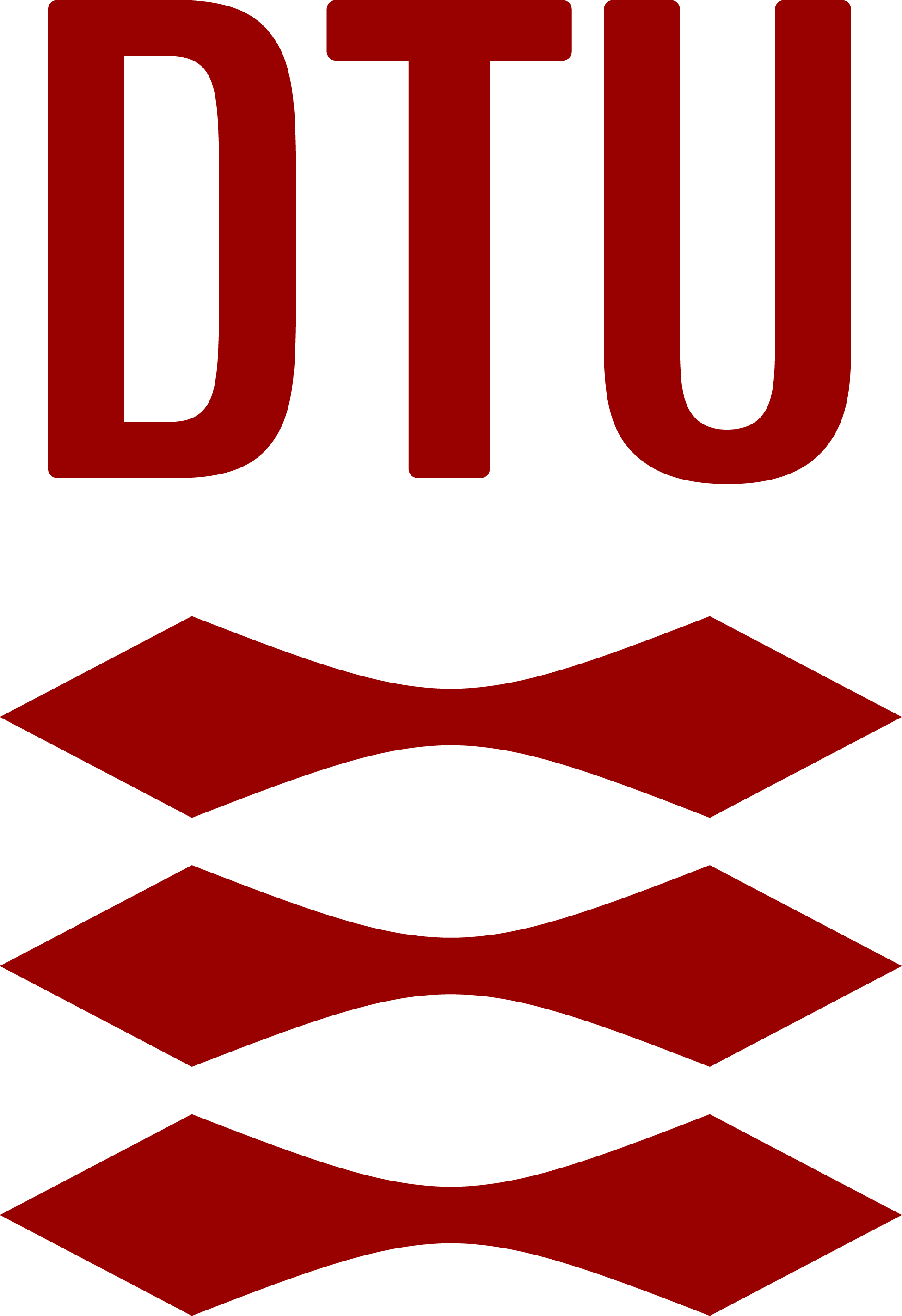About this course
This course will try to understand, analyze and evaluate cases on the strategic and organizational challenges and dilemmas facing pharmaceutical companies when they roll out activities in developing countries. In particular, the focus will be on how pharmaceutical companies try to reach the poorest and most vulnerable segments in developing countries and what specific challenges they face in this regard. During the course we will try to understand and analyze how pharmaceutical companies measure and communicate on their impact in developing countries, including social return on investment (SROI), ESG reporting and the SDG´s. We will analyze which partnership models work most effectively in developing countries and how contextual factors influence on the economic, social and environmental effectiveness of different partnership models. As access to care increasingly rely on digital solutions and on the use of technology in facilitating access to products and services, the course will zoom in on the kinds of technologies that support sustainable business models and philanthropic activities best, The course takes point of departure in literature on International Business, Sustainable Business Models, impact investment and finance, technology and corporate philanthropy as well as research undertaken by faculty during 2022/2023. The course will provide insights from a number of pharmaceutical companies operating in developing countries. In particular, cases and evidence from the Novo Nordisk-Roche partnerhip on CDiC will be used extensively, and practitioners from Novo Nordisk and Roche will participate in the course. The course is an innovative collaboration between DTU, CBS and Novo Nordisk under the EuroTeq framework, with guest lecturers from Novo Nordisk being actively involved and allowing students from different backgrounds coming together and benefiting from diverse perspectives.
Learning outcomes
At the end of the course the learner will be able to: Understanding the empirical field of corporate philanthropy and sustainable business in the pharmaceutical industry in developing countries Understanding, applying and critically assessing theories and frameworks related to sustainable business and corporate philanthropy in the pharmaceutical industry in developing countries Understanding, applying and critically assessing methodologies for calculating the social, environmental and financial impacts and efficiency of corporate philanthropy and sustainable business models in the pharmaceutical industry in developing countries Understanding and critically assessing the various financing models that can be brought to bear Understanding and critically assessing the role of digital solutions to sustainable business and corporate philanthropy challenges in the pharmaceutical industry in developing countries Understanding and critically assessing the balance between global integration versus local adaption Evaluating models for corporate social responsibility for the pharmaceutical industry in low and middle income countries Understand and analyze global business and CSR in the pharmaceutical industry.
Examination
Written, individual home assignment of maximum 10 pages based on case. Handed out in December and given 2 weeks to complete.
Course requirements
The course is specifically designed to provide students with skills to conduct practice-oriented analysis of sustainable business and corporate philanthropy in developing countries. Open to students from all subject matters.
Activities
The course is a joint DTU/CBS elective course within the EuroTeq framework and in collaboration with pharmaceutical company Novo Nordisk.
Additional information
- Institution locationAnker Engelunds Vej 1, Online
- More infoCoursepage on website of Technical University of Denmark
- Contact a coordinator
- CreditsECTS 5
- LevelMaster
- Contact hours per week4
- InstructorsKristina Vaarst Andersen, Michael Hedegaard
- Mode of instructionHybrid
